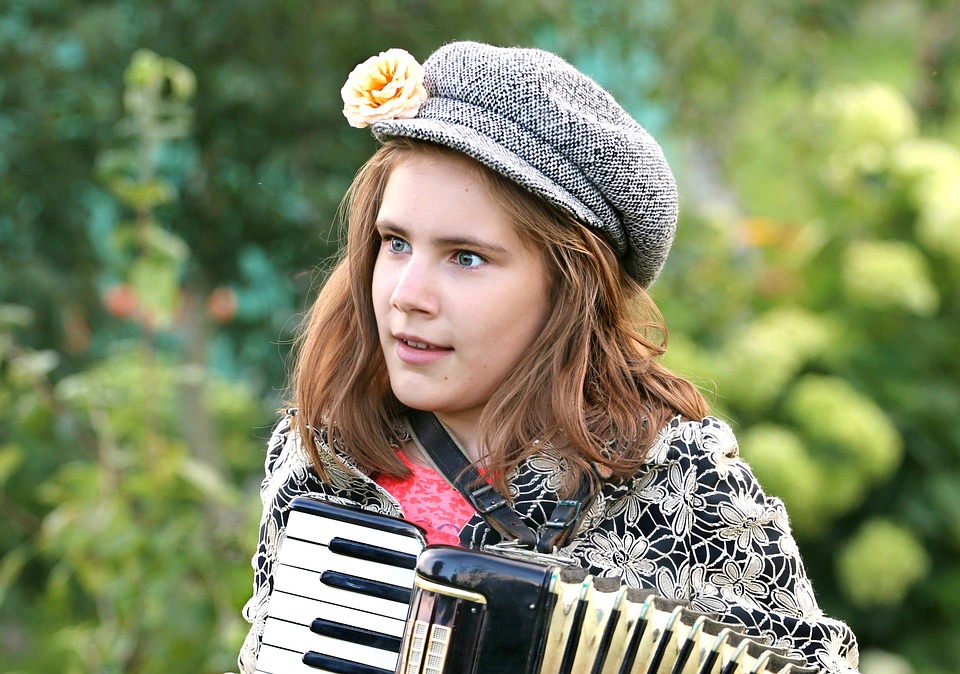From Generation to Generation: Passing Down Folk Traditions
Folk traditions have been an integral part of cultures all around the world for centuries. These customs, beliefs, and practices are passed down from generation to generation, serving as a connection to the past and a way to preserve the unique heritage of a community. In this article, we will explore the importance of passing down folk traditions and how they continue to be celebrated and cherished by people of all ages.
The Importance of Folk Traditions
Folk traditions are a way for communities to maintain a sense of identity and continuity. They provide a link to the past and serve as a reminder of the values, beliefs, and customs that have been passed down through the ages. By preserving and celebrating these traditions, people can connect with their roots and gain a deeper understanding of their cultural heritage.
Celebrating Milestones
Many folk traditions are centered around significant milestones in a person’s life, such as birth, coming of age, marriage, and death. These rituals and ceremonies serve as a way to mark these important events and bring the community together to support and celebrate with the individual or family involved. From baby showers to wedding ceremonies to funeral rites, these traditions provide comfort and a sense of belonging during times of transition and change.
Preserving Cultural Heritage
Folk traditions are a way to preserve and honor the unique cultural heritage of a community. By passing down stories, songs, dances, and crafts from one generation to the next, people can ensure that these traditions continue to be celebrated and cherished for years to come. These customs provide a sense of continuity and help to strengthen the bonds between family members and community members.
Passing Down Traditions
One of the key ways that folk traditions are passed down from generation to generation is through oral storytelling. Elders in the community share stories, myths, and legends with younger generations, passing on the wisdom and knowledge of the past. These stories serve to educate, entertain, and inspire, teaching important lessons and values that are essential for the survival of the community.
Learning Through Observation
Another important way that folk traditions are passed down is through observation and participation. Children and young people learn by watching their elders perform rituals, ceremonies, and other customs, and by taking part in these activities themselves. This hands-on learning experience helps to instill a sense of pride and respect for their cultural heritage and ensures that these traditions will continue to be practiced and celebrated in the future.
Community Events and Festivals
Many folk traditions are kept alive through community events and festivals that bring people together to celebrate and honor their shared heritage. These gatherings often include music, dance, food, and other cultural activities that serve to unite the community and promote a sense of camaraderie. By attending these events, people can connect with their roots and gain a greater appreciation for the traditions that have been passed down through the generations.
Celebrating Diversity
Folk traditions are a way to celebrate the diversity and richness of different cultures around the world. By sharing and learning about the customs and practices of other communities, people can gain a greater understanding and appreciation for the unique heritage of each group. This cross-cultural exchange helps to promote tolerance, acceptance, and unity among people of all backgrounds.
Preserving the Past for the Future
As the world continues to change and evolve, it is more important than ever to preserve and celebrate folk traditions. By passing down these customs from generation to generation, people can ensure that their cultural heritage will not be forgotten or lost. These traditions serve as a connection to the past and a source of inspiration for the future, helping to enrich the lives of individuals and communities for years to come.
In conclusion, folk traditions play a vital role in preserving and celebrating the unique heritage of communities around the world. By passing down these customs from generation to generation, people can maintain a sense of identity, connect with their roots, and honor the values and beliefs of their ancestors. Through storytelling, observation, and community events, these traditions continue to be cherished and celebrated by people of all ages, ensuring that their cultural heritage will be preserved for future generations to come.

Leave a Reply